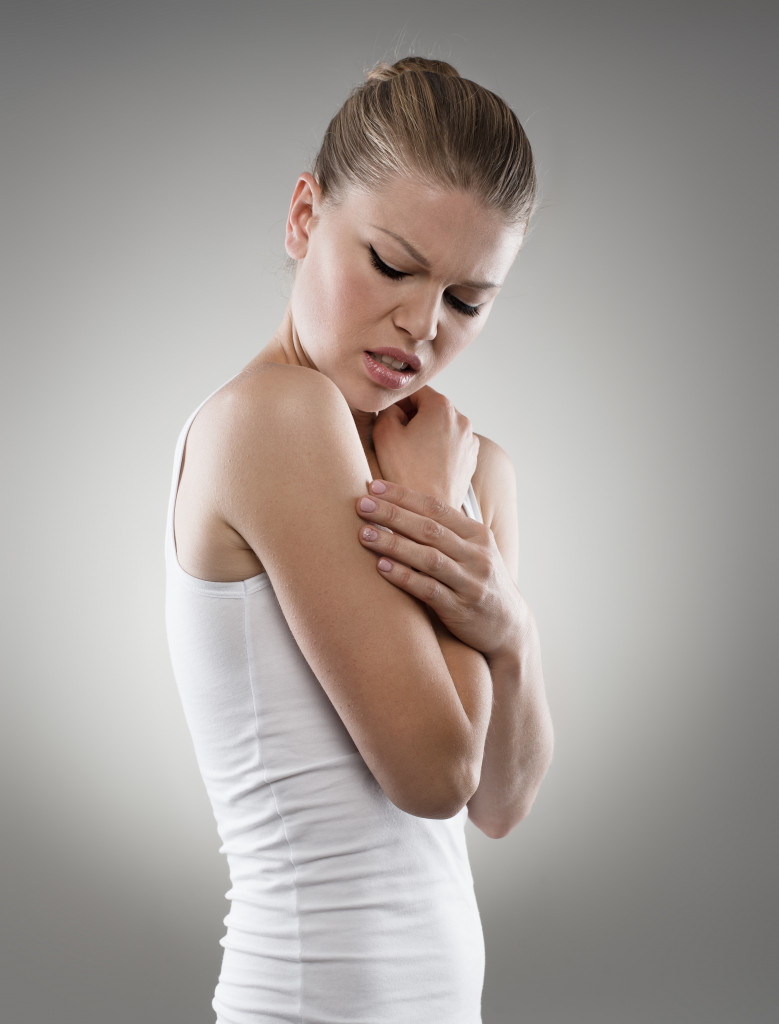Allergies can happen any time of the year, but it’s common for many people to be allergic to pollen and grass, and this usually happens in the spring and fall. It causes a stuffy nose or sinus, itchy eyes or throat, and even itchy ears.
As you may already know, there are different reasons for an ear itch. It could be something mild, such as dryness, or maybe something tickled it. It could be an ear wax build-up, which you can solve through ear wax removal procedures like microsuction or any other method your doctor suggests. Perhaps there could be an ear infection, which you should take action for right away.
Other problems can occur when a foreign substance like dust or pollen causes hypersensitivity. Your body will try to protect you and stop them from entering your system, resulting in an allergy.
Food and skin allergies can cause any part of the skin or even the outer ear to itch and swell. The middle ear can also itch as well as the inner ear, which contains fluid. If this fluid gets infected, you may experience dizziness, ringing, or even imbalance loss. Sometimes, a stuffy sinus can push such pressure to the ears and cause your ears to hurt. Some people may have a short-term hearing loss because of an allergic reaction, and some can also experience middle ear infections.
Eczema Can Cause Your Ears to Itch as Well
You may also experience discharge from your ear when you have ear eczema. People’s skin with this condition doesn’t live well under very dry and hot weather. Also, it can be as bad during freezing weather, especially when indoor heating makes the air quality drier than usual. Eczema can affect the skin of your ear. For some people, it also affects their ear canal.
Allergies and Eczema Could Be Connected

Research in 2013 claims that eczema is definitely associated with hay fever and five times more often with food allergies in children, such as allergies in peanuts, seafood, or cow’s milk. In 2019, another study suggested that people with eczema (atopic dermatitis) are more prone to allergic eczema.
The Lifestyle of Someone Who Has a Skin Disease or Allergy
Whether severe or mild, one in 10 people in the United States has eczema. Eczema is associated with an overreactive immune system, in which it reacts to hosts of irritants, allergens, and other environmental conditions that can trigger symptoms to fire up. As you can’t avoid this, the way you live can be more of a challenge than with people who don’t have such conditions.
Their diet and food intake may not be as different, however. While fruits and vegetables are essential to most people, they’re especially and highly more important to those with skin conditions, mild or severe. Good nutrition definitely helps you achieve the best results you can get, as similar goes with normal people.
Researchers found that you can have a higher risk of eczema if you have a vitamin D deficiency. However, another study suggests that iron deficiency (or anemia) can put you at a higher risk of eczema and other atopic conditions. Another supplement that can help relieve eczema is probiotics. No cure has yet been discovered.
Not just a healthy nutrition intake helps eczema or skin allergies, but an entirely healthy lifestyle, which means avoiding smoking and alcohol as much as possible. Food and beverages that have a high content of fructose triggers symptoms.
When it comes to physical exercise, some people with eczema are irritated by sweat and heat, hindering them from doing so. Then again, being physically active is important for everyone. Dermatologists suggest that swimming can be a great choice of physical activity for someone who has eczema since the water with chlorine can help in reducing inflammation in your skin. However, an important tip to remember is to rinse off all the chlorine and moisturize immediately and heavily.
Final Thoughts
Having allergies or atopic diseases can sure use some more spreading of awareness so that people can understand them and be more considerate. Some people even have these conditions but in a hidden area of their body, like their ears or inner thigh. Some may have mild conditions, but some can be extreme or even worse.
If you’re someone who has such a condition or takes care of a person who has it, you’re aware of how hard it is. Either way, there’s always the help of a healthcare professional who can help you with your needs so that you can stay healthy.
